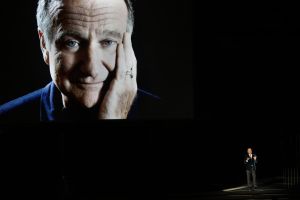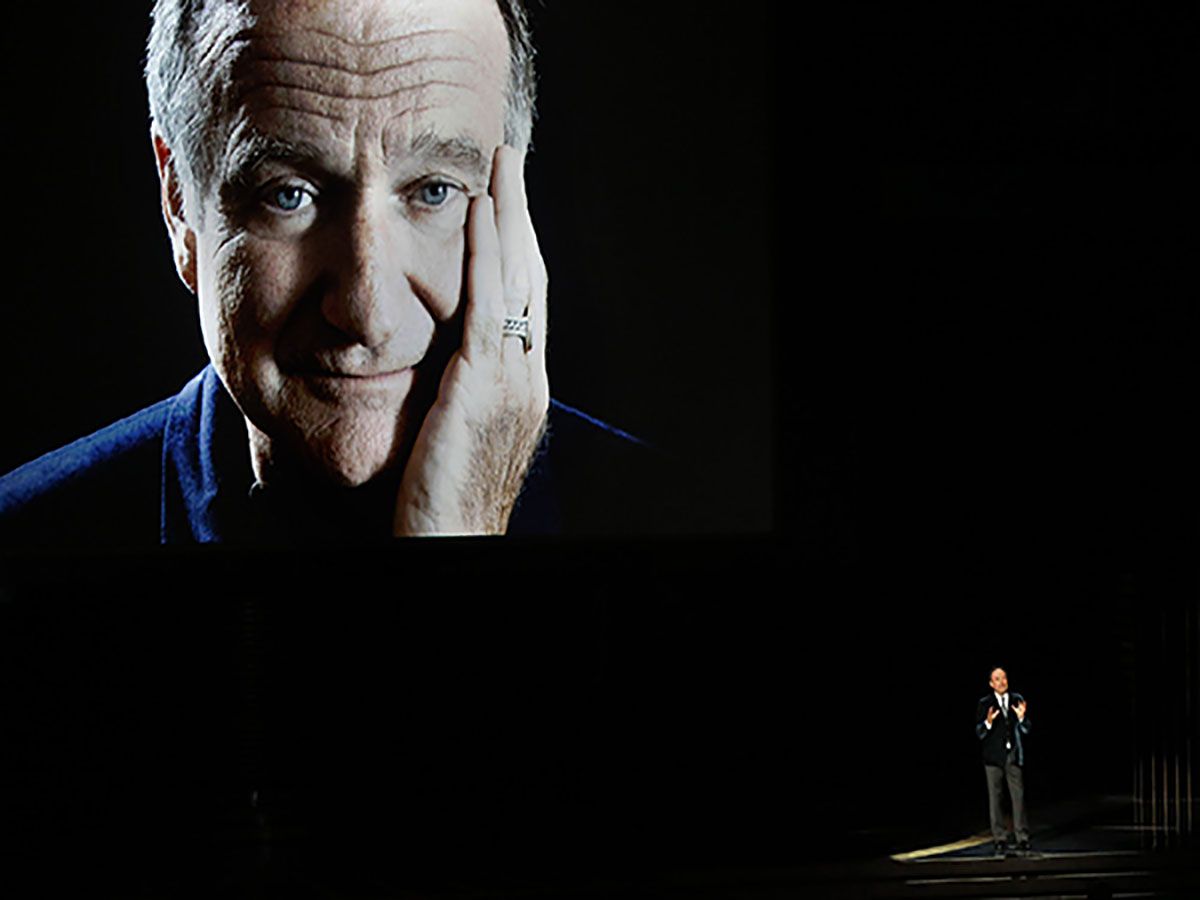Robin Williams and Michael Brown died around the same time. Brown died on Aug. 9 and Williams on Aug. 11. But did these deaths receive the same amount of reaction and, furthermore, is one more significant than the other?

Both the deaths of Williams and Brown were tragic and received extensive coverage. But the reasons for the coverages were different. Williams was a popular, well-known comedian who battled previously known conditions (addiction, depression and in a statement released by his wife, the early stages of Parkinson’s.) He made so many people laugh and the world was shocked when news broke that Williams died by committing suicide.
Williams’ death prompted a social media outpouring, memorializing him through his movie and television roles. Just recently, he was remembered in a touching montage at the Emmy’s presented by longtime-friend Billy Crystal.
Williams is remembered for making people laugh and received a lot of coverage in the weeks after his death. In the days after it happened, people were sharing his most memorable lines from movies such as “Good Will Hunting,” “Dead Poets Society” and “Aladdin.”
One of the most shared tweets, in fact, was from the Academy. They used a photo from “Aladdin,” along with the quote “Genie, you’re free.” This tweet itself caused a backlash when certain articles put forth the idea that the quote was perpetuating the wrong idea and was a dangerous way to discuss suicide. It also prompted a plethora of articles discussing mental illness, suicide prevention and even details about how media coverage can lead to “copycat suicides.”
The death of Brown was tragic in that he was an unarmed 18-year old who was shot by a police officer. The aftermath and response however was quite opposite in this scenario. Coverage grew as subsequent retaliation grew on the streets of Ferguson, Missouri, resulting in looting and rioting. It also began conversation on police brutality as questions were raised about how police were handling the situation.
The deaths of both Williams and Brown raised a multitude of responses but those responses were not equal. Though both were tragic, the aftermath was entirely different. The death of Williams initially received a lot of coverage because he made us all laugh and it was so shocking. Yet, his death occurred after Brown’s. What made the response to Brown’s death increase in numbers?
The Ferguson protests nearly separated themselves from the Brown shooting. Some people began looting and vandalizing the area, even people who weren’t locals of Ferguson. Tensions ran deep for many reasons, especially as details became blurry as to what exactly happened the night of the shooting. People were upset. People were looking for answers. But the shooting seemed to prompt the violent aftermath, at least to start. It seemed to be used as more of an excuse after a while as stores continued getting looted, even causing some residents to guard the local businesses.
Williams and Brown received what seems like equal coverage. No one can say which one was more “significant” over the other. Positive perception of comedian Robin Williams caused recognition to rise. Social media was flooded with quotes and remembrances. Negative perception followed the shooting of Michael Brown, however, on both sides: that of the cops and that of the protestors. It caused social media uproar as facts were being reported and answers were trying to be obtained.
The coverage and reactions were equal yet opposite. The resulting events and actions went in separate directions. One wasn’t more significant than the other; rather the questions raised from these events are what should be considered significant.



